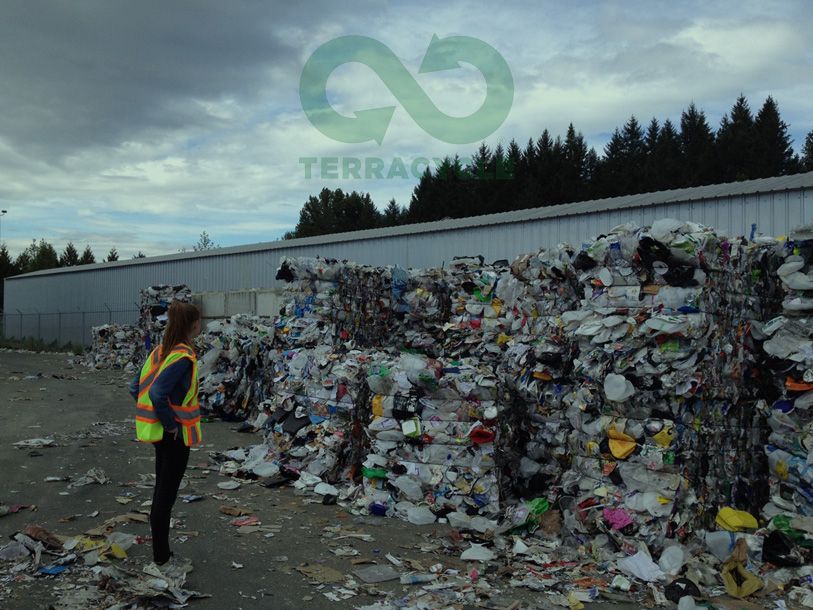With a presence in 21 countries, the company works in partnership with collection teams consisting of consumers, people interested in participating in recycling programs, companies, social organizations, and public agencies.

According to the TerraCycle (www.terracycle.com) survey, over 200 million people are collecting recyclable and non-recyclable materials worldwide. The study also reveals over 7 billion units of waste have been collected since 2001 – the year it started operations – corresponding to more than $45 million converted into financial donations to non-profit institutions and public schools.
According to Renata Ross, Marketing and Relationship Manager at TerraCycle, these figures represent the support of partners and the strength of civil society, which has contributed to a more sustainable world. “We can all make a difference and contribute to the environment, and these figures are proof of that. There is still a lot to be done, however, and in order to achieve that, we need to focus on our daily actions that are simple, but which can ultimately generate positive impacts,” she said.
It should be noted that the manufacture of packaging and disposable products using fossil fuels has grown a lot in recent years, and as a result, the production of waste has also increased. Consequently, we are experiencing the effects of unbridled consumption of these products and inadequate disposal, which has directly affected our health and the environment. “Given this scenario, we must raise awareness and alert the population about the importance of preserving natural resources and conscious consumption,” Ross said.
Finally, the report prepared by leading research institutes and the United Nations Environment Program (UNEP), called Production Gap 2021, reveals that, by 2030, governments plan to increase fossil fuel production by 110%. Also, according to the study, this increase is more than twice the limit allowed to prevent overheating the planet, with Brazil ranking second on the list of countries.



